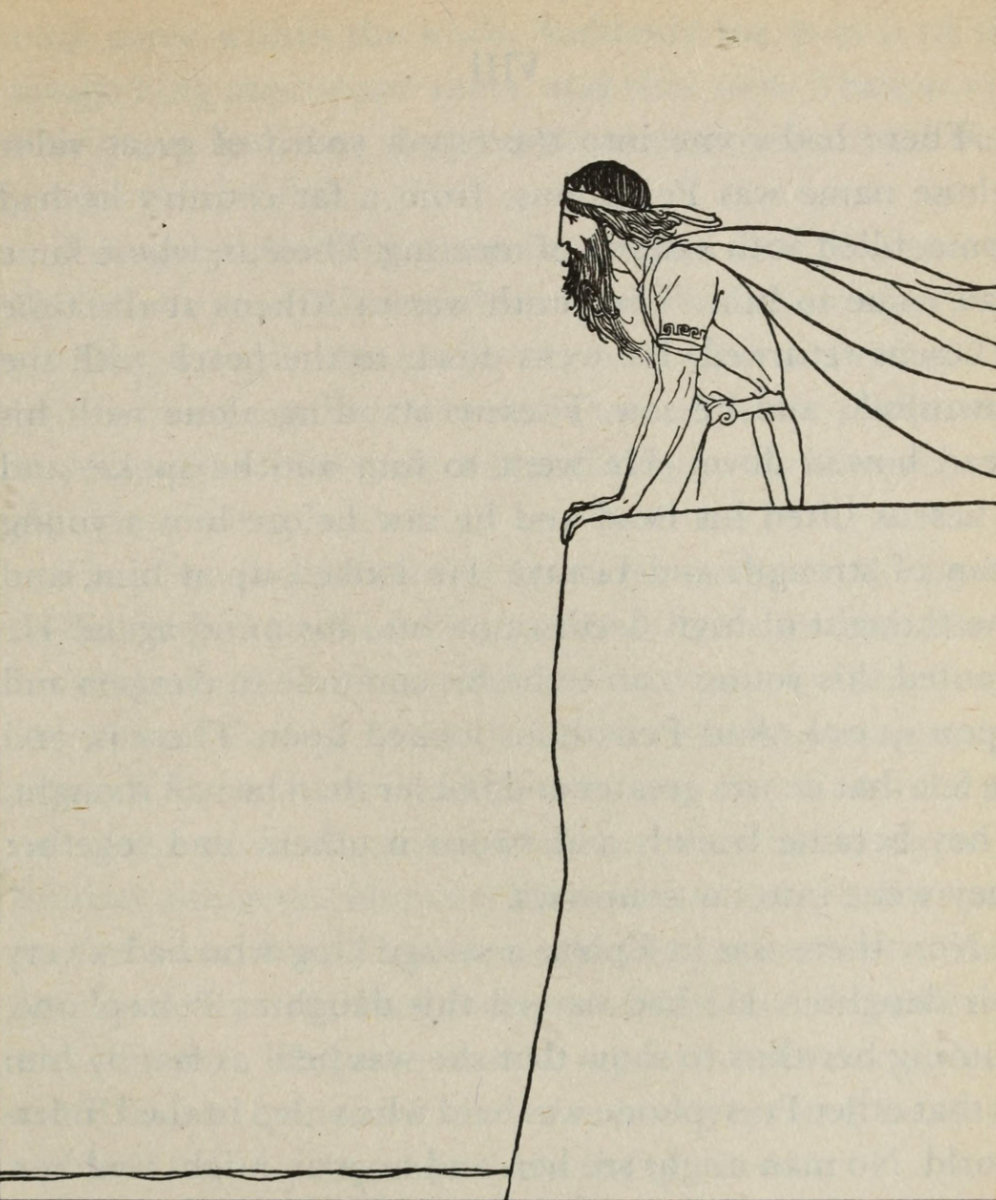In Greek mythology, Augeas was king of Elis and father of Epicaste. Some ancient authors say that Augeas was one of the Argonauts.[ He is known for his stables, which housed the single greatest number of cattle in the country and had never been cleaned, until the time of the great hero Heracles. The fifth Labour of Heracles (Hercules in Latin) was to clean the Augean stables. Eurystheus intended this assignment both as humiliating (rather than impressive, like the previous labours) and as impossible, since the livestock were divinely healthy (immortal) and therefore produced an enormous quantity of dung. Those stables had not been cleaned in over thirty years, and 3,000 cattle lived there. However, Heracles succeeded by rerouting the rivers Alpheus and Peneus to wash out the filth. Augeas reacted angrily because he had promised Heracles one tenth of his cattle if the job was finished in one day. He refused to honour the agreement, and Heracles killed him after completing the tasks. Heracles gave his kingdom to Phyleus, Augeas’ son, who had been exiled for supporting Heracles against his father.
| Alias Augeas |
| Real Names/Alt Names Augeas |
| Characteristics Sailor, Argonauts, Bronze Age, Greek |
| Creators/Key Contributors Apollonius Rhodius |
| First Appearance Greek mythology |
| First Publisher ○ |
| Appearance List Literature: Homer’s Odyssey (mentioned, c. 8th century BCE, English 1614), Homer’s Iliad (mentioned, c. 8th century BC), Hesiod’s Theogony (c. 700 BCE), Medea by Euripides (431 BC), poetry by Appolonius, Diodorus, Valerius, Apollodorus, Ptolemy, Pausanias, Hyginus, Tzetzes, Apollonius of Rhodes’ epic poem Argonautica (late 3rd century BC), The Argonautica by Gaius Valerius Flaccus (late 1st century AD), Argonautica Orphica, Dante’s Divine Comedy (briefly, 1308–1320), William Morris’ epic poem The Life and Death of Jason (1867). Film: Jason and the Argonauts (1963). |
| Sample Read The Argonautica [PG] |
| Description In Greek mythology, Augeas was king of Elis and father of Epicaste. Some ancient authors say that Augeas was one of the Argonauts.[ He is known for his stables, which housed the single greatest number of cattle in the country and had never been cleaned, until the time of the great hero Heracles. The fifth Labour of Heracles (Hercules in Latin) was to clean the Augean stables. Eurystheus intended this assignment both as humiliating (rather than impressive, like the previous labours) and as impossible, since the livestock were divinely healthy (immortal) and therefore produced an enormous quantity of dung. Those stables had not been cleaned in over thirty years, and 3,000 cattle lived there. However, Heracles succeeded by rerouting the rivers Alpheus and Peneus to wash out the filth. Augeas reacted angrily because he had promised Heracles one tenth of his cattle if the job was finished in one day. He refused to honour the agreement, and Heracles killed him after completing the tasks. Heracles gave his kingdom to Phyleus, Augeas’ son, who had been exiled for supporting Heracles against his father. |
| Source Augeas – Wikipedia |

